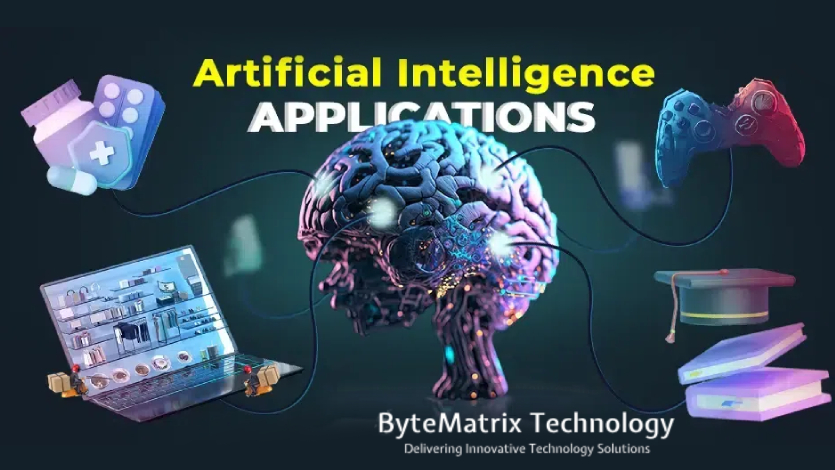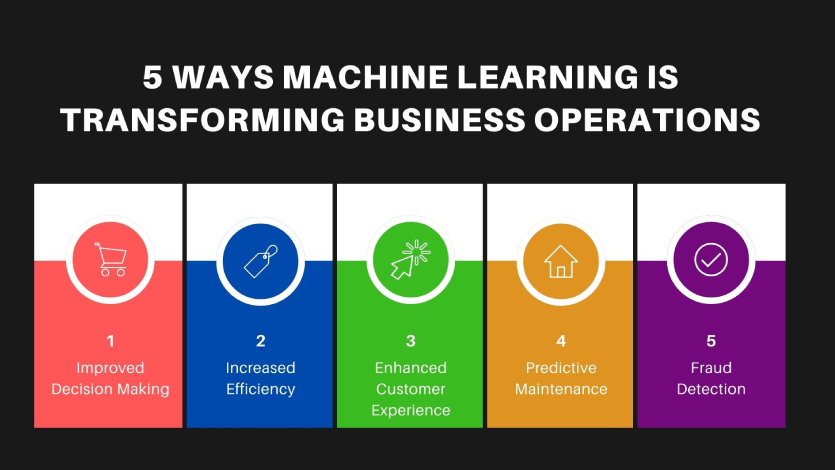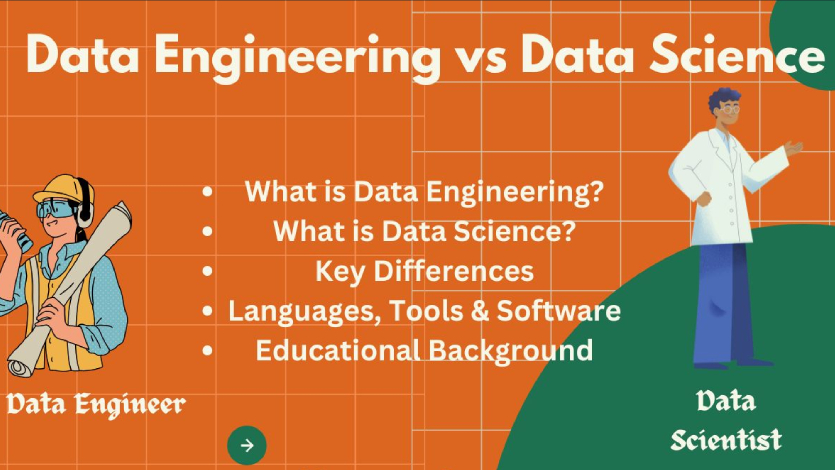
Artificial Intelligence (AI) is no longer a futuristic concept—it's a practical tool that is already shaping the way businesses, governments, and individuals operate. By 2025, AI has moved far beyond basic chatbots and predictive text; it is deeply embedded in industries ranging from healthcare to finance, manufacturing, and entertainment. The power of AI lies in its ability to analyze vast amounts of data, learn patterns, and make intelligent decisions faster than humans.
Here are seven real-world use cases of Artificial Intelligence in 2025 that are transforming how we live and work.
1. Personalized Healthcare and Predictive Medicine
AI is revolutionizing healthcare by enabling doctors to predict illnesses before symptoms fully develop. With advanced algorithms analyzing medical records, genetic data, and lifestyle habits, AI can flag potential risks such as heart disease or diabetes much earlier.
Wearable devices now use AI to monitor vital signs in real-time, alerting patients and doctors about potential emergencies. In 2025, personalized treatment plans—tailored to each individual's DNA and medical history—are becoming the new standard, improving patient outcomes while reducing healthcare costs.
2. Autonomous Vehicles and Smarter Transportation
Self-driving cars have advanced significantly by 2025, thanks to improvements in AI-powered sensors and decision-making systems. Ride-hailing companies and logistics providers are deploying autonomous fleets that can navigate safely in complex city environments.
AI also powers smart traffic management systems, reducing congestion by analyzing traffic flow and adjusting signals dynamically. This not only saves time but also cuts fuel consumption and emissions, making transportation greener and more efficient.
3. AI in Finance: Fraud Detection and Personalized Banking
The financial industry has always relied on data, and AI has taken it to the next level. In 2025, banks and fintech firms use AI to detect fraudulent transactions within seconds, protecting customers from cybercrime.
AI-driven robo-advisors also provide personalized investment strategies by analyzing market trends, risk tolerance, and individual goals. Instead of one-size-fits-all financial services, customers now receive tailored advice and smarter banking experiences.
4. Smart Manufacturing and Predictive Maintenance
Factories have embraced AI-powered automation to boost productivity. Robots guided by AI can assemble products with precision, while machine learning models predict when equipment is likely to fail. This approach—known as predictive maintenance—saves millions in downtime and repair costs.
In 2025, AI is also helping companies manage supply chains more effectively. By analyzing demand, weather patterns, and transportation data, businesses can optimize inventory and ensure products reach customers on time.
5. AI-Powered Education and Personalized Learning
Education has transformed with AI-driven platforms that adapt to each student's pace and style of learning. Virtual tutors provide personalized feedback, while AI grading systems free teachers from repetitive tasks.
By 2025, schools and universities worldwide are using AI to bridge learning gaps, provide language translations in real-time, and create interactive simulations that make education more engaging. Students are no longer limited by “one-size-fits-all” classrooms—AI ensures everyone gets a customized learning journey.
6. AI in Retail: Hyper-Personalization and Smart Shopping
Retailers are using AI to create personalized shopping experiences that feel almost magical. In 2025, AI analyzes customer preferences, purchase history, and even social media activity to suggest products before customers realize they need them.
Smart stores powered by AI offer cashier-less checkout, automated inventory tracking, and virtual fitting rooms where customers can “try on” clothes digitally. This blend of online and offline experiences makes shopping faster, smoother, and more enjoyable.
7. Content Creation and Generative AI
One of the most exciting developments is Generative AI, which creates text, images, music, and even video content. In 2025, businesses use AI to draft reports, design marketing campaigns, and even generate realistic 3D prototypes.
Entertainment industries are leveraging AI to create personalized movie recommendations, AI-written scripts, and even lifelike digital actors. While human creativity remains essential, AI serves as a powerful partner that accelerates content production and enhances storytelling.
Conclusion
Artificial Intelligence in 2025 is no longer about theory—it's about impact. From healthcare and education to finance, retail, and manufacturing, AI is streamlining operations, improving decision-making, and creating experiences that were unimaginable just a decade ago.
The real-world use cases above highlight one clear fact: AI is not replacing humans but empowering us to work smarter, faster, and more efficiently. Companies and individuals who embrace AI now will have a significant advantage in shaping the future.





